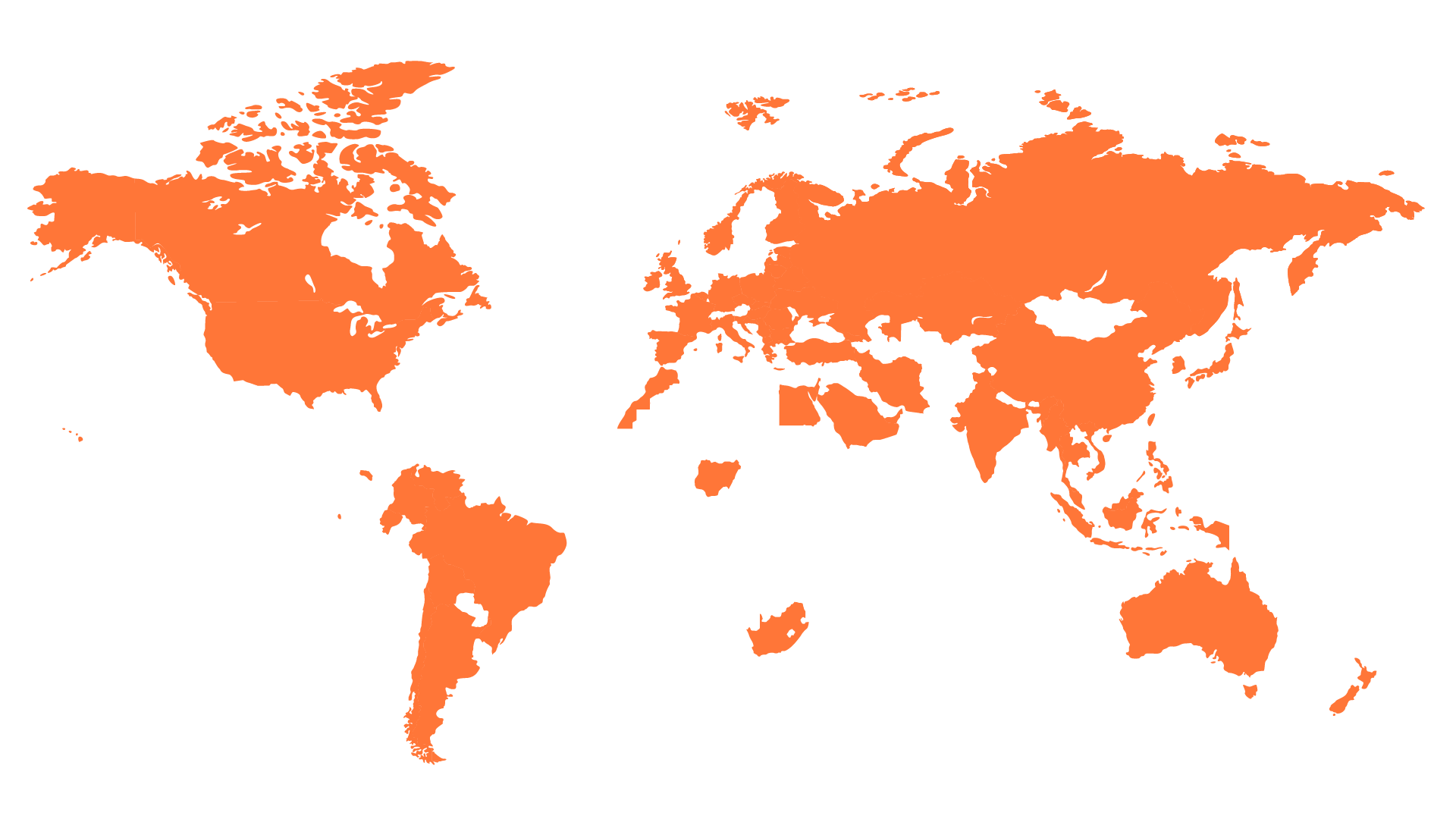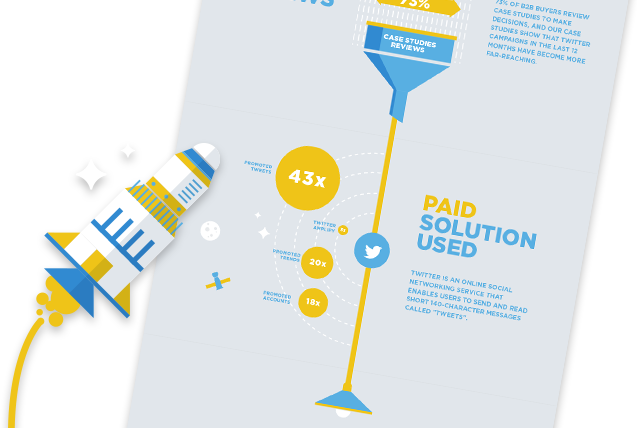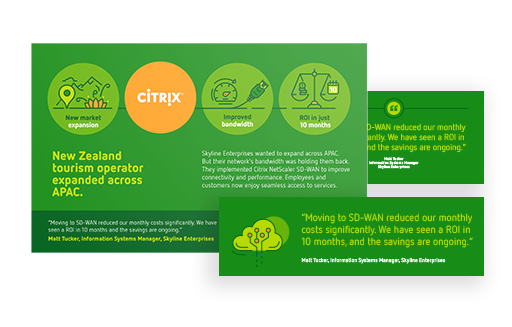
A big part of my job (which I enjoy immensely), is working with people from all around the world.
I often catch up with clients via video calls to learn about what’s happening in their territory. Each one faces different challenges or focuses on separate strategies for their region.
The other group I work with is our global team of writers (our artists) who bring a passion for storytelling and an eagerness to work with clients across time zones and languages. From Sao Paulo to London, Bogota to Brisbane, Tokyo to Dubai, they are consummate communicators and freelancers.
I’m not alone. Nowadays more and more people are working across cultures and languages. You may have bosses and colleagues across multiple regions. Or you deal with clients/vendors who are based on the other side of the world.
It’s not without its challenges. For a start, there are all the different time zones to deal with. World Meeting Planner is one of my favourite bookmarks (and makes sure I don’t video call someone at 2am).
It goes beyond the obvious. When you work across times zones, hemispheres and seasons, you also work across different cultures. The nuances for working and communicating with different cultures can get complicated. From communication styles, management, culture, time values: there’s a lot to take in. So much so that there are even university courses on the subject, but not many of us have the time (or motivation) for that. So here’s a summary of how to successfully navigate working with others around the world.
Be mindful when starting business with a different culture.
I once sent a meeting request to a client in Dubai for Friday, not realising that weekends there are on Friday/Saturday. I had no idea and had never thought to investigate the working week of the Middle East, as it was my first time working with this client. Before working with a new culture, learn about any key differences in communication or business style.
Take account of cultural time values.
Some parts of the world don’t see deadlines or meeting times as ‘hard dates’ but more of a guide. This can make it tricky to deliver on your own workload, especially if you’ve woken up early for a video call and they don’t show up on time (or at all). North America and Western Europe are generally punctual and see time as money. Southern Europe and Latin America tend to see time differently and not something they are bound by.
Corporate values can vary geographically.
I once had a boss who was very straightforward and loved to question everything undertaken by our internal marketing department and consistently set unrealistic deadlines and budgets. It drove everyone in the team nuts because he was never happy with our work. It was only one day at a company Christmas party that he explained that this was the culture of the company’s head office back in his home country of Japan. His reason: if you never set the goal higher, then how were we to strive? He also came from a culture where seniority and respect are not questioned. He didn’t understand that in Australia, being yelled at regularly was demoralising (even if you’re the boss). I never really enjoyed working for him, but I understood his management style and knew not to let it get under my skin.
Don’t take it personally.
If a meeting felt like a ‘fail’ as conversations were stunted, no one returned your smile or laughed at your joke — don’t stress. It might be a cultural difference. Getting frustrated because someone hasn’t returned your email? Try calling them, maybe that’s how business is done best in that office or region. Don’t overthink, just focus on getting the job done. Also remember that there are many guides and articles on how different cultures like to work, but it’s also important not to stereotype.
We’re all in this together.
I’ve learned mostly by experience. When meeting new business associates (whether they’re a colleague, vendor or client), I find it best to ask how they like to work. Just about everyone I’ve collaborated with has appreciated my interest in learning about their culture, how they do business and their preferred way of communicating. Setting parameters and expectations earlier rather than later is just good business, no matter where you work. Especially now as it’s becoming commonplace to collaborate around the world. Most people understand - they’re in the same boat.






